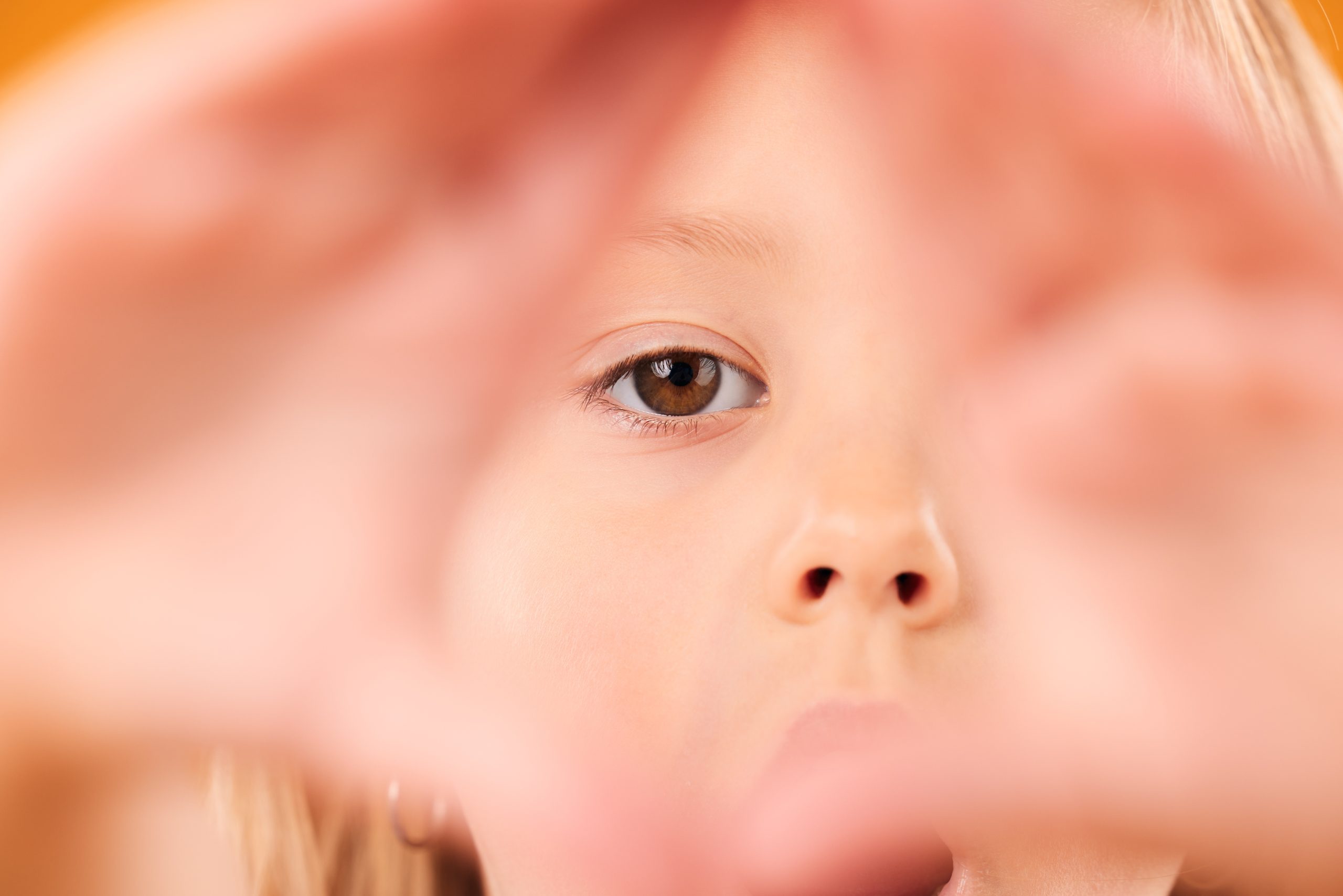Understanding Horizontal Gaze Nystagmus (HGN)
Horizontal Gaze Nystagmus (HGN) is a complex ocular phenomenon characterized by involuntary rhythmic movements of the eyes, particularly when attempting to gaze laterally. These repetitive motions can be indicative of underlying health issues and are often observed in scenarios such as field sobriety tests for alcohol intoxication.
What is Horizontal Gaze Nystagmus?
Horizontal Gaze Nystagmus refers to the rhythmic oscillations of the eyes, typically occurring when attempting to visually track objects moving horizontally or during specific gaze tasks. The movement is characterized by a smooth pursuit followed by a rapid jerking motion, which becomes more pronounced as the gaze moves further laterally.
Causes of Horizontal Gaze Nystagmus
- Alcohol Intoxication: One of the most well-known causes of HGN is alcohol intoxication. When a person consumes excessive amounts of alcohol, it affects the functionality of the central nervous system, including the part responsible for controlling eye movements. This disruption leads to the characteristic jerking of the eyes seen in HGN tests conducted by law enforcement officers during DUI (Driving Under the Influence) checks.
- Brain Injuries: Traumatic brain injuries, such as concussions or damage to the cerebellum, can result in horizontal gaze nystagmus. The brain’s ability to regulate eye movements may be compromised, leading to abnormal ocular reflexes.
- Drug Use: Similar to alcohol, certain drugs and medications can impair neurological function and cause nystagmus. This includes substances like barbiturates, PCP (Phencyclidine), and other central nervous system depressants.
- Inner Ear Disorders: Disorders affecting the inner ear, such as Meniere’s disease or vestibular neuritis, can disrupt the body’s balance mechanisms, leading to abnormal eye movements including nystagmus.
- Congenital Conditions: In some cases, individuals may experience horizontal gaze nystagmus due to congenital abnormalities or genetic predispositions affecting the neurological pathways responsible for eye movement control.
Symptoms of Horizontal Gaze Nystagmus
- Rapid Eye Movements: The primary symptom of HGN is the involuntary back-and-forth movement of the eyes, which becomes more pronounced when attempting to focus on objects located to the side.
- Impaired Vision: Depending on the severity of the condition and its underlying cause, individuals with HGN may experience blurred vision or difficulty maintaining visual fixation.
Diagnosis of Horizontal Gaze Nystagmus
- Clinical Examination: Diagnosis of HGN involves a comprehensive eye examination conducted by an ophthalmologist or neurologist. This may include assessing eye movements, evaluating balance and coordination, and reviewing medical history.
- Field Sobriety Tests: In legal contexts, law enforcement officers may use HGN as part of field sobriety tests to assess impairment due to alcohol intoxication.
Treatment of Horizontal Gaze Nystagmus
- Addressing Underlying Cause: Treatment for HGN focuses on addressing the underlying cause. For instance, if alcohol intoxication is the primary factor, abstaining from alcohol and seeking substance abuse counseling may be recommended. In cases of neurological conditions or inner ear disorders, treatment options may include medication, physical therapy, or surgical interventions.
Prevention
- Moderate Alcohol Consumption: Limiting alcohol intake to moderate levels can reduce the risk of alcohol-induced nystagmus and associated impairment.
- Protective Measures: Taking precautions to prevent head injuries and practicing safe behaviors can help reduce the risk of traumatic brain injuries that may lead to HGN.
When to Consult a Doctor
- Persistent Symptoms: Individuals experiencing persistent or worsening symptoms of nystagmus, such as impaired vision or balance issues, should consult a doctor for further evaluation and management.
- Following Trauma or Substance Use: Seek medical attention following head injuries or instances of substance use that may contribute to the development of HGN.
Conclusion
Horizontal Gaze Nystagmus is a complex condition with various potential causes, ranging from alcohol intoxication to neurological disorders. While HGN can serve as a diagnostic tool in certain situations, such as DUI assessments, it also highlights underlying health issues that warrant further evaluation and management. By understanding the symptoms and treatment options associated with horizontal gaze nystagmus, individuals can take proactive steps to address the condition and maintain optimal ocular health.
World Eye Care Foundation’s eyecare.live brings you the latest information from various industry sources and experts in eye health and vision care. Please consult with your eye care provider for more general information and specific eye conditions. We do not provide any medical advice, suggestions or recommendations in any health conditions.
Commonly Asked Questions
Yes, sudden onset HGN can occur due to various factors such as head trauma, inner ear disorders, or neurological conditions.
While alcohol intoxication is a common cause, HGN can also result from other factors like brain injuries or certain medications.
Treatment depends on the underlying cause. In some cases, addressing the cause can alleviate symptoms, while in others, management strategies may help control symptoms.
Physical therapy and vestibular rehabilitation exercises may help improve gaze stability and reduce the severity of nystagmus in some individuals.
Untreated HGN can lead to persistent vision problems, balance issues, and impact daily activities if left unmanaged.
The progression of HGN varies depending on the underlying cause and individual factors. Some cases may remain stable, while others may worsen with time.
Yes, certain genetic factors can predispose individuals to nystagmus, including horizontal gaze nystagmus.
HGN can impact activities requiring visual focus and coordination, potentially affecting tasks like driving or reading, especially if vision is significantly impaired.
While a balanced diet is important for overall health, there are no specific foods or supplements proven to directly treat HGN. However, maintaining good nutrition can support overall well-being.
Yes, HGN can sometimes indicate an underlying neurological disorder or other health issues, highlighting the importance of proper diagnosis and management.
news via inbox
Subscribe here to get latest updates !







